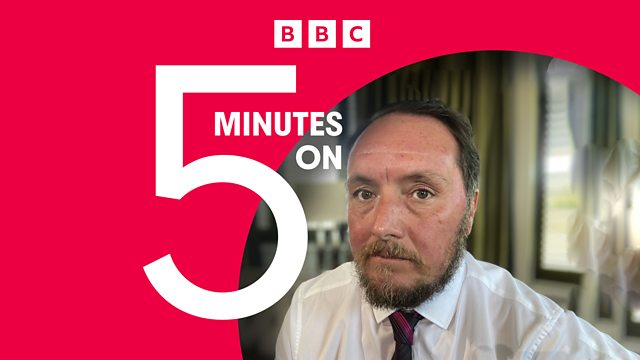Whistleblowers - is there a cover up culture in the NHS?
A record 25,000 NHS staff contacted the National Guardian’s office last year – the body meant to support NHS staff who want to speak up. So how are whistleblowers treated?
Last year, a record 25,000 NHS staff contacted the National Guardian’s office – that’s the body that is meant to support those who want to speak up. That’s up by a quarter on the year before. Dr Jayne Chidgey Clark – who is the person responsible for helping NHS whistleblowers in England - wants bodies like the health service regulator, the Care Quality Commission, and NHS England, to do more to protect whistle blowers.
Like Paul Calvert for example. Paul worked for the North East Ambulance Service – before that he was a police officer – and his job was to liaise with the Coroner's Court – making sure that all the relevant information was passed on when a patient died. But Paul discovered in some cases that information was being redacted or deleted – so the coroner wasn’t being told everything. Paul didn’t think this was right. So, along with his manager, he raised this with the bosses. They promised an investigation, but a year later, Paul discovered nothing had been done. So then he went public and became a whistle blower. And that is when things started to go badly wrong. But Paul is far from alone. All too often whistle blowers pay a heavy price for speaking up – they lose friends, livelihoods and even their own health because of the stress involved.
For 5 Minutes On, health correspondent Dominic Hughes hears from Paul, finds out how whistleblowers can be better supported, and investigates whether there's a cover-up culture in the NHS.
(Image credit: ����ý)

